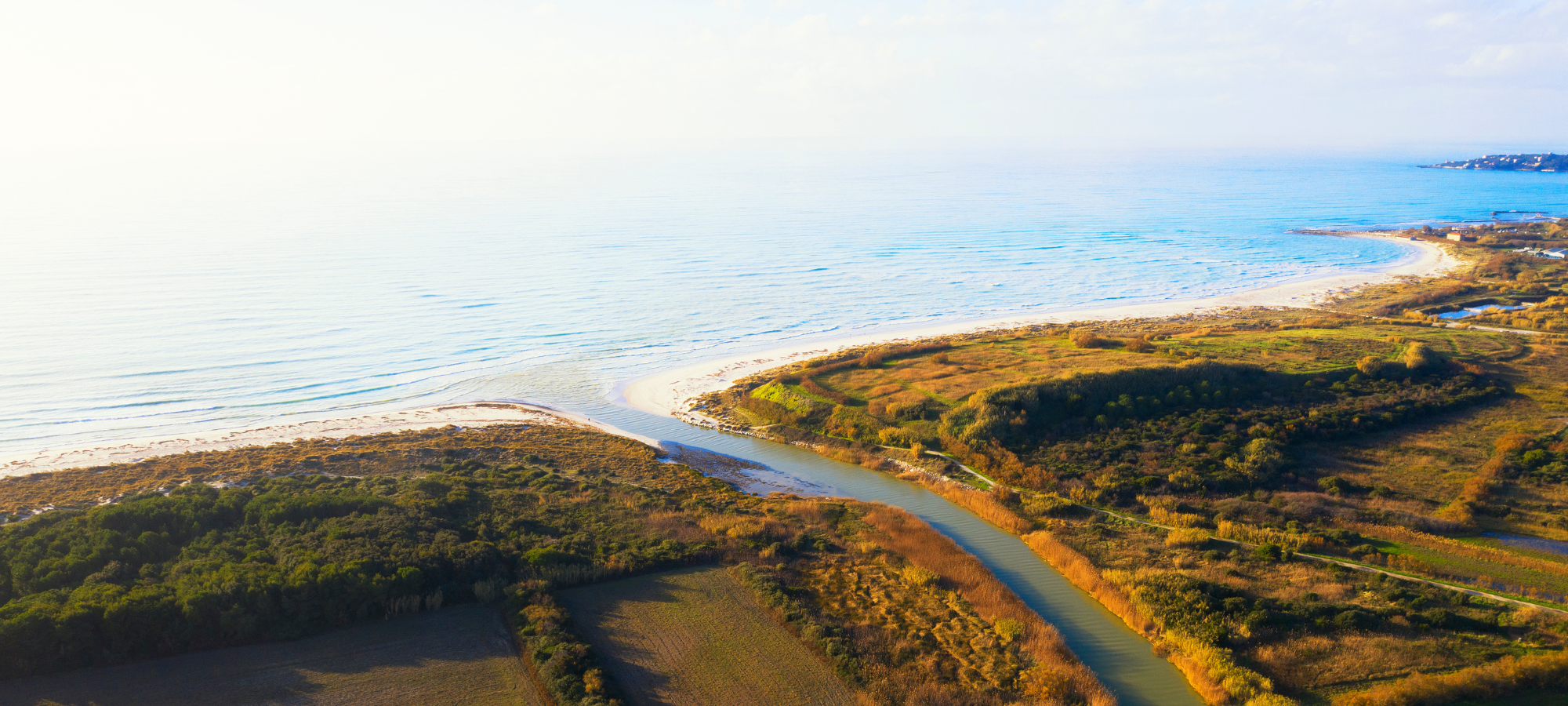
Action #3:
Reduce local pollution that exacerbates OA
OA combines with other climate-ocean impacts like ocean warming and reduced oxygen levels, increasing the total stress marine species and ecosystems are experiencing.
In nearshore and coastal environments, local sources of land-based pollution like nitrates, wastewater, stormwater, and agriculture run-off additionally contribute to OA and eutrophication, accelerating and amplifying the negative impacts.
Actions to reduce these local land-based pollutants that contribute to OA and eutrophication can reduce impacts on species and improve ecosystem function.
Implement strategies to limit the flow of nutrients and sediments from rivers and coastal catchments onto coral reefs, or into bays or estuaries. This could include vegetation-based remediation systems, for use in upland habitats and in vulnerable areas.
Support research and modeling to help characterize and determine the impact of local contributions to OA from land-based sources of pollution (e.g. nutrients, organic carbon, other) from sewage systems and wastewater.
Where pollution sources are identified, amend allowed land or water uses, update wastewater and stormwater treatment requirements, and regulate land use actions to prevent and reduce run-off and water quality issues exacerbating coastal acidification.
What can you do?
examples from members
California Coastkeeper Alliance outlines strategies for preventing wastewater discharges from causing ocean acidification and hypoxia hot-posts and for preventing agricultural nutrient inputs from causing harmful algal blooms which exacerbate existing conditions.
Coral Reef Alliance is helping to restore natural filtration processes within watersheds to prevent land-based water pollution from degrading reefs and further exacerbating negative stressors like warming and ocean acidification.
In Norway, the NFR Acid Coast project worked with multiple stakeholders in one community to develop relevant, targeted OA and climate change science products for end users. The project led to increased outreach around the impacts coastal wastewater was having on nearby aquaculture and efforts were made to reduce pollution.
The U.S. States of California, Washington, Oregon, Maryland and Maine are characterizing how nutrients from wastewater sources may contribute to OA and are working to reduce these pollutions.


